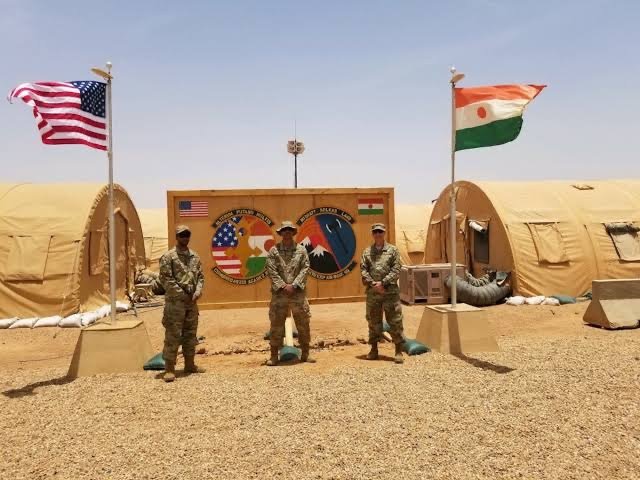Date: 2024-03-17
News Category: Geopolitical Insights
Country: Niger
Location: Niamey

In a striking announcement that reverberated through international corridors of power, the junta governing Niger declared an end to a critical military agreement with the United States. This decision, announced on state television by a junta spokesperson, marks a significant pivot in Niger’s foreign policy and military alliances. It comes at a time when the West African nation finds itself at the crossroads of regional security challenges and global geopolitical rivalry. The revocation of the agreement, which facilitated the deployment of US personnel in Niger to combat jihadist threats, underscores a complex tapestry of local discontent, international diplomacy, and a notable shift towards Russia.

- Background and Implications of the Revocation
- Niger’s strategic importance to the US has been underscored by its role in monitoring jihadist activity across the Sahel region. The announcement to terminate the military agreement thus represents not just a bilateral shift but also a recalibration of regional security dynamics. The move is reflective of broader geopolitical currents, including the growing influence of Russia in Africa and changing attitudes towards former colonial powers and Western partners.
- Niger’s Relationship with the US and France
- The relationship between Niger and the US, symbolized by the construction of a $100 million drone base in Agadez, has been critical in the Sahel’s counter-terrorism efforts. The abrupt end of this relationship follows a similar trajectory with France, Niger’s former colonial ruler, whose troops were expelled from the country in December amid growing anti-French sentiment. This pattern suggests a significant realignment of Niger’s foreign policy and military alliances.
- Moving Closer to Russia
- The junta’s pivot towards Russia is evident in its engagement for military and economic ties, as demonstrated by the visit of Niger’s junta-appointed Prime Minister to Moscow. This engagement highlights a strategic choice to diversify military partnerships and seek alternatives to Western military aid and cooperation. The junta’s allegations against the US, including accusations of threatening behavior and cynical dealings, further fuel this pivot towards Russia, perceived as a partner more aligned with the junta’s interests and perspectives.
Historical Insight:
- 2016: The US begins investing in a drone base in Agadez, Niger, enhancing its capabilities to monitor and combat jihadist groups in the Sahel.
- July 2023: The military coup in Niger ousts elected President Mohamed Bazoum, citing deteriorating security conditions.
- December 2023: Following heightened tensions and resentment, French troops are asked to leave Niger, marking a significant shift in Niger’s foreign military partnerships.
- December 2023: Niger’s junta-appointed Prime Minister visits Moscow, signaling a closer relationship with Russia amid growing distances with Western partners.
The junta’s decision to revoke the military agreement with the US marks a pivotal moment in Niger’s foreign policy and regional security dynamics. This move, coupled with the expulsion of French troops and the junta’s alignment with Russia, reflects a broader geopolitical realignment and a quest for sovereignty and new partnerships. As Niger navigates these turbulent waters, the implications for regional stability, counter-terrorism efforts, and international relations remain to be fully seen. The shifting alliances also pose questions about the future of international engagement in the Sahel and the evolving global geopolitical landscape.






















+ There are no comments
Add yours